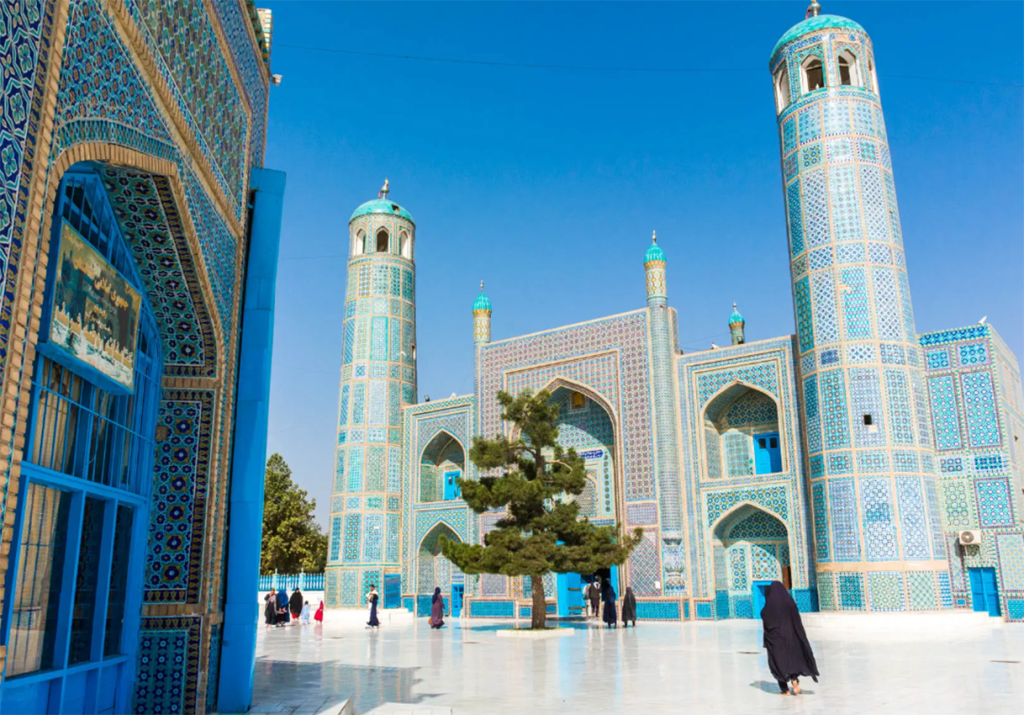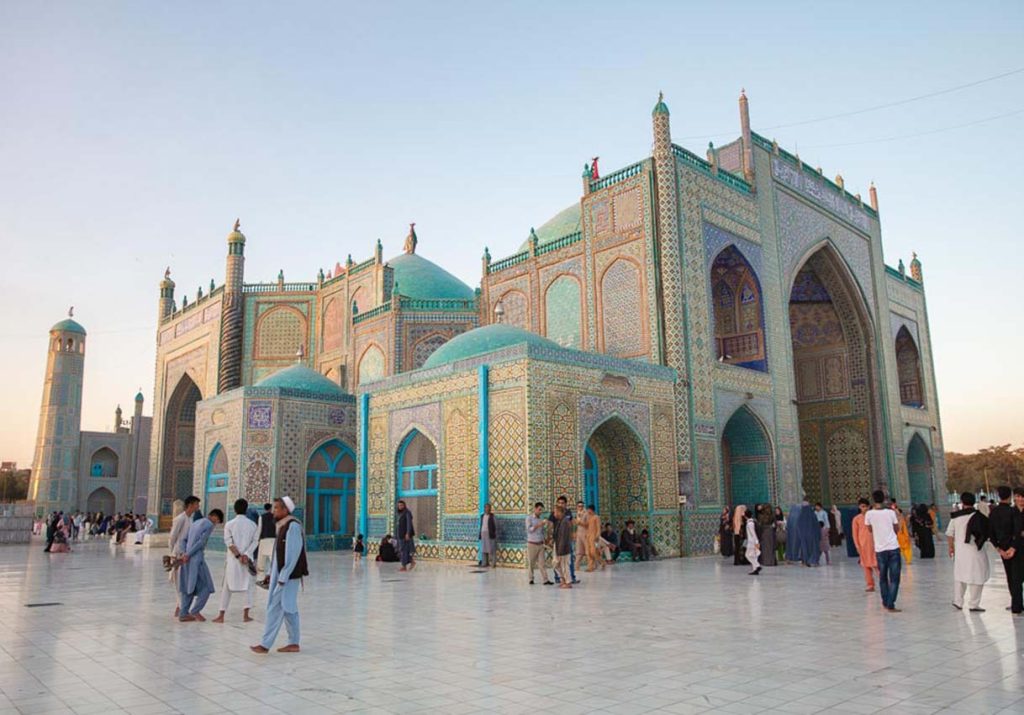Embarking on a journey to Afghanistan is an adventure unlike any other, demanding meticulous preparation and an acute awareness of the unique challenges that this captivating yet tumultuous country presents.
Grasping the Landscape
Prior to setting foot on Afghan soil, it is imperative to engage in extensive research, gaining a profound understanding of the current political, societal, and security conditions within the nation. Afghanistan has been plagued by persistent conflict and instability, rendering the security landscape ever-fluid. Key factors to consider include:
- Security: Afghanistan has endured prolonged periods of conflict. The presence of armed groups, terrorism, and insurgent activities poses substantial risks to travelers. It is vital to remain abreast of the latest security advisories and travel warnings from credible sources such as government travel websites and embassies.
- Regional Variations: The security climate fluctuates across Afghanistan’s various regions. While some areas are relatively stable, others are marred by volatility and peril. Extensive research into the specific regions you intend to visit is indispensable for a well-informed decision.
- Cultural Etiquette: Understanding and respecting local customs and traditions is not only a matter of courtesy but also a means of ensuring safety and avoiding inadvertent offense. Dress modestly, especially in conservative areas, and familiarize yourself with local norms and etiquette.
Crafting Your Travel Plan

Once you have gained a thorough understanding of the Afghan situation, it is time to embark on the journey with safety as your paramount concern. Essential steps in crafting your travel plan include:
- Travel Insurance: Procure comprehensive travel insurance covering medical emergencies, trip cancellations, and evacuation. Confirm that your insurance provider has provisions for medical evacuation from Afghanistan in case of emergencies.
- Travel Documentation: Verify the validity of your passport, ensuring it extends for at least six months beyond your intended departure date. Secure the requisite visas for Afghanistan and keep both your passport and visas secure.
- Establish Local Contacts: Establish contact with your country’s embassy or consulate in Afghanistan and register with them upon arrival. Share your itinerary and contact details with a trusted friend or family member back home.
- Itinerary Details: Develop a detailed itinerary encompassing accommodations, transportation arrangements, and scheduled activities. Share this itinerary with a designated contact back home and maintain regular updates on your whereabouts.
Safety While in Afghanistan

Once in Afghanistan, vigilance and prudence are paramount to ensure your safety throughout your stay. Practical safety tips to observe include:
- Stay Informed: Maintain constant vigilance by monitoring local news and staying informed of any developments in the security environment. Be prepared to adapt your plans or evacuate if necessary.
- Seek Local Guidance: Seek guidance from trusted local contacts, such as tour guides or reputable hotels. They can provide invaluable insights into safe areas to visit and precautionary measures to take.
- Travel in Groups: Whenever possible, travel in groups rather than alone. There is safety in numbers, and a group presence may serve as a deterrent to potential threats.
- Avoid High-Risk Zones: Exercise caution and stay away from regions notorious for conflict, including border areas and regions with a high risk of kidnapping or criminal activities.
- Cultural Sensitivity: Display respect for local customs and traditions. Refrain from taking photographs of sensitive locations or individuals without prior consent.
Traveling to Afghanistan is not a decision to be taken lightly. It demands thorough research, meticulous planning, and an unwavering commitment to prioritizing safety throughout your journey. While Afghanistan boasts a rich cultural heritage and breathtaking natural landscapes, it also presents significant security risks.




